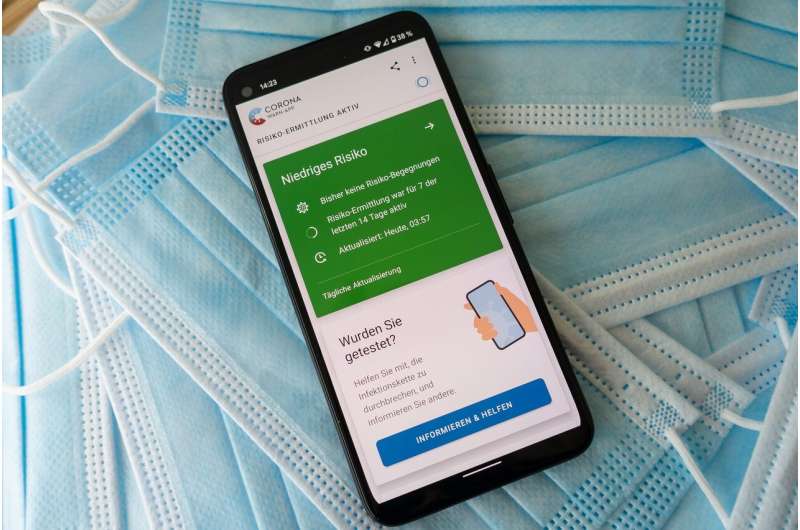How GPs coped with the rapid shift to remote consultations to reduce the risk of COVID-19

One of the consequences of the COVID-19 pandemic has been the rapid move to telephone, video and online GP consultations. In a National Institute for Health Research (NIHR) funded study, researchers from the Centre for Academic Primary Care at the University of Bristol and NIHR ARC West found that while the rapid shift to remote GP consulting was successful and maintained a focus on vulnerable patients, it was driven by necessity and may have risks.
The Rapid COVID-19 Intelligence to Improve Primary Care Response (RAPCI) study examined how GP practices responded to the pandemic in Bristol, North Somerset and South Gloucestershire. The study focused on how 21 practices in the area coped with changes in demand, the implementation of alternatives to face-to-face consultation, and the impact these changes had on the delivery of patient care from April to August 2020.
The researchers examined patient consultations data to see if there had been changes in how GPs and nurses consulted with patients during the pandemic compared to the previous year. Between 13 May and 29 July 2020, the researchers also conducted over 80 interviews with GPs, practice managers and nurses from the practices at four time points to understand the challenges they faced.
There was universal consensus that remote consulting was necessary because of the risk of COVID-19 infection. In April 2020, most GP practices stopped face-to-face appointments as the first point of contact, only seeing patients face-to-face when essential following a telephone or video consultation or completion of an online written assessment. This drove a rapid change to 90 percent remote GP consulting (46 percent for nurses) by April 2020, compared with 31 percent in April 2019.
By July 2020 GPs were doing 85 percent of consultations remotely and nurses 38 percent. GP-to-patient phone text messages increased three-fold, and nurse-to-patient almost five-fold in April to July 2020 compared to 2019.
GPs and nurses maintained a focus on caring for the most vulnerable throughout: despite reductions in overall consultation rates in April 2020, consultation rates did not reduce for patients who were older, shielding or had poor mental health.
As overall consultation rates returned to normal in July, and complexity increased, some GPs found high levels of remote consulting a strain. Many GPs missed face-to-face contact, were concerned about clinical risk, and found remote consulting more time-consuming.
Telephone consulting was deemed to be sufficient for many patient problems. Video consulting was useful during the first lockdown, and particularly useful for consultations with children, patients in nursing homes and problems which GP needs to see the patient move , but video was used more rarely, and was less essential as lockdown eased.
Dr. Mairead Murphy from the Centre for Academic Primary Care, who co-led the study, said: "The NHS long-term plan mandates a move to remote consulting and this change was accelerated by the COVID-19 pandemic. While pre-COVID-19 research established that telephone and video consultations were effective and safe, it was done in the context of remote consulting implemented for certain patients and conditions. Our study shows some limitations with remote consultations and suggests that remote GP consulting should be offered as one of a range of options, not by default. Post-pandemic we believe the model will need to be adjusted."
Dr. Jeremy Horwood, from the Centre for Academic Primary Care at the University of Bristol and NIHR ARC West, who co-led the study, said: "GP practices have had to rapidly adopt new ways of delivering care remotely and responding to the new norm of social distancing to reduce the risk of COVID-19 infection. This is a huge change, with GP practices and patients having to transform the way they interact overnight. While remote methods of consulting may have value for some patients, such as straightforward medical enquiries, they cannot replace face-to-face consultations in situations which are more complex."
More information: Mairead Murphy et al. Implementation of remote consulting in UK primary care following the COVID-19 pandemic: a mixed-methods longitudinal study, British Journal of General Practice (2021). DOI: 10.3399/BJGP.2020.0948


















